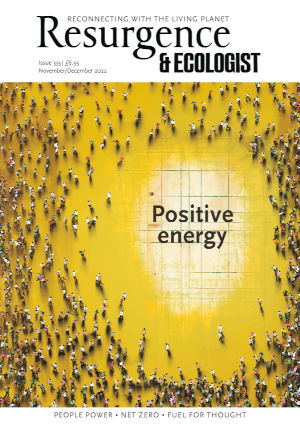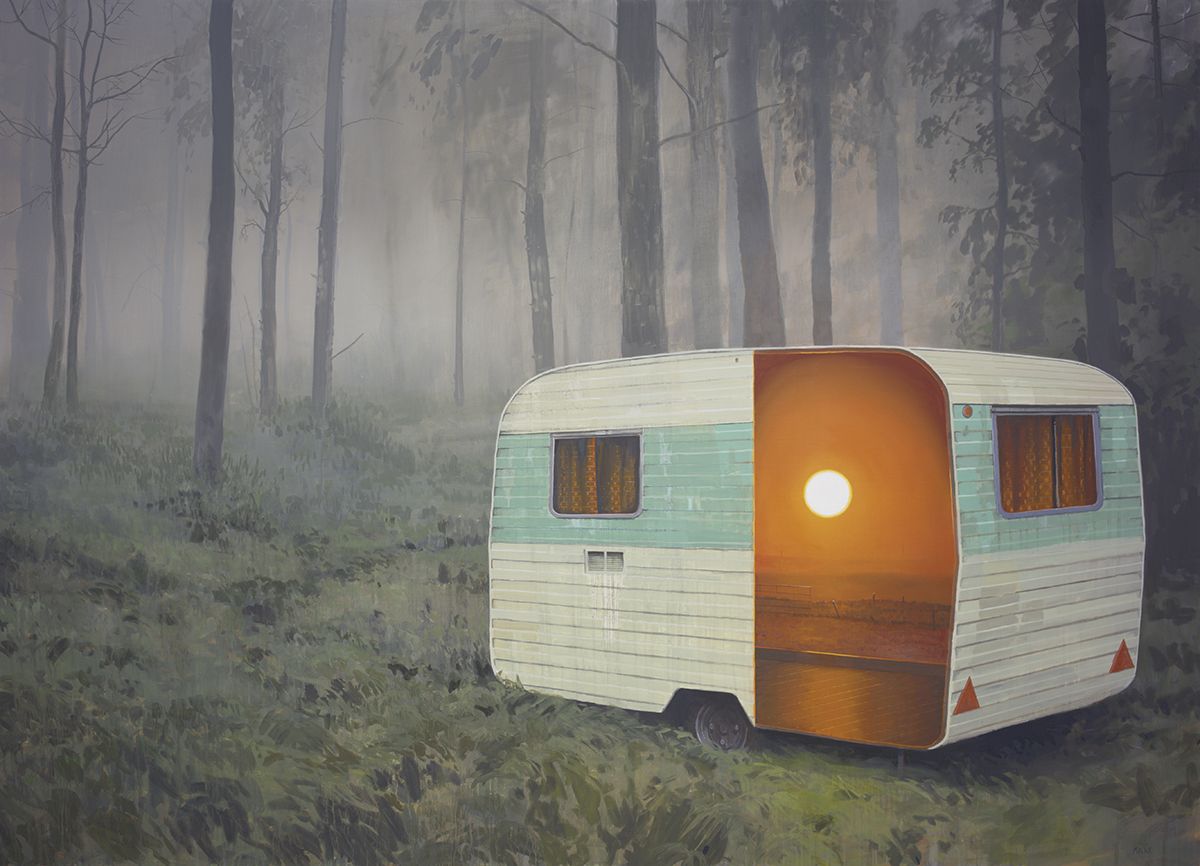It’s been so eye-opening to read these two books side by side! Each is rich and moving in its own right, but when experienced together the layers upon layers of life, loss and love felt almost overwhelming.
Thunderstone by Nancy Campbell, and Riding Out by Simon Parker both take us back to lockdown. I feared my appetite for pandemic yarns might have waned, but no. It was such a moment in time and a part of history that already feels weirdly distant. Through the lens of another person’s eyes, it is deeply cathartic and oddly surprising to revisit.
The authors of each book have an uncanny amount in common. They are both at a similar stage of life and face the gut-wrenching, anxiety-provoking truth that human life is fragile. Campbell’s partner has just experienced a stroke, and she falls into a caring role despite knowing the relationship has already run its course. Parker’s friend dies suddenly, bringing up grief he’d previously buried, which is then exacerbated by another devastating death. Financial pressure caused by loss of work from the pandemic also adds intensity.
Here our authors diverge into what I can only describe as two distinct coping strategies: wheels on and wheels off. Although different, both approaches are potentially uncomfortable, discard the trappings of modern life, and risk isolation. Campbell’s relationship breakdown sees her leaving her caring role (subsumed by guilt) and living in a caravan in scrubby woodland between a canal and a railway line on the outskirts of Oxford. Parker abandons his partner (subsumed by guilt) and sets off to cycle the length of the UK from the northernmost point of Shetland with only basic provisions. Parker’s bike wheels must spin faster than ever as he races an impending lockdown, whilst those of Campbell’s caravan are embedded in mud, maybe never to turn again.
Both situations have a painful and at times comical lack of glamour. Parker focuses on our fallible bodies – there is plenty of humour thanks to constipation, seagulls and soggy clothes, or the description of used condoms and roller-skates outside a budget accommodation option as he speculates on whether they are somehow connected. There is also the less funny reality of insomnia and anxiety. His bike is almost like another character, and we get to know its heavy solidity and the injuries it endures along the way. The mechanics are the heroes, patching it up so that the show can go on.
Campbell must learn new skills to make caravan life work, such as climbing in through the window when she loses her keys – but there are mistakes too, such as the slow, silent and insidious poisoning from carbon monoxide. Particularly touching is how she sets about clearing an area of the wasteland, planting and tending it, bringing some beauty: “I sow foxgloves, geraniums, Icelandic and blue poppies and teasels in seed trays.”
I’ve read Campbell’s work before – the gorgeous crystalline perfection of Fifty Words for Snow gave me tightly controlled, crisp prose delivered with scientific precision. Thunderstone is different. Campbell’s deft hand with language remains, but under the microscope now is herself, in raw and emotional detail. In Riding Out, we’re skilfully guided too. Parker moves seamlessly between diverse topics: from funny to colourful to lyrical to emotional to travelogue. The ease with which he pivots makes it appear a simple task, belying the skill beneath.
Whilst both experienced a lot of time on their own, with, at times, isolation, the existing outside of ‘normal’ society and otherness that brings, they also discovered that golden thread of connection. Campbell’s depiction of the canal community where her caravan resides is tender and warm. She builds unconventional friendships that sustain her, and when her own health takes a turn for the worse it is those people who give support. Literature too is a constant companion in Thunderstone. Quotes throughout the book add texture and depth, from Lewis Carroll to E.M. Forster, as well as the books Campbell reads that immediately get added to my list.
Parker’s fleeting collection of encounters makes for a surprisingly detailed account of the UK, from farmers to fishers, hoteliers to surfers, and all manner of folk along the way. There is much hardship but even more resilience. Each snapshot of a life is interesting and told with a light touch that brings understanding not only to Parker’s life, but also to me as reader, without ever labouring the point. Perhaps the connection he finds is partly thanks to the bike. “The humble bicycle”, he explains, “was one of life’s great levellers, with little care for race or status.” The stories of place shine through too, reaching behind the tourism gloss in a way that enables exploration of huge societal issues, such as the suicide rates of the Humber Bridge.
My only moment of frustration was Parker finishing his trip and then doing it all again (although by a different route). Perhaps I simply over-empathised with his girlfriend, Alana. Perhaps it was just that it would have been neater if the adventures of the second journey could have been part of the first. But it’s a reminder that life does not happen in neat narrative arcs, and the chatty, easy style makes the book a downhill freewheel to enjoy, no matter the slightly clunky structure. The second trip is less frenetic and happens in summer, and consequently it is more relaxing and soothing.
From the crises of the pandemic and in the authors’ personal lives, these books document a slow rebirth. Nothing flashy, nothing fancy – just a gentle rebuilding with all that human uncertainty going forward. The two approaches, stillness and action, both bring perspective and enable a deep exploration of mental health, mortality, and our connection with place.








